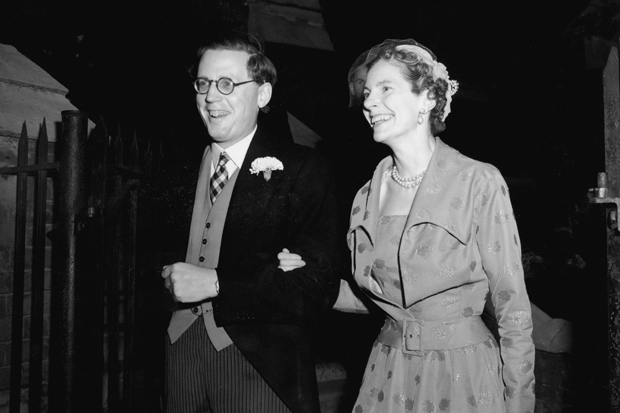Spying is a branch of philosophy, although you would never guess it from that expression on Daniel Craig’s face. Its adepts interrogate the surface of reality — people, landscapes, texts — knowing that they will discover extraordinary hermetic meanings. They study fragments of documents, whispers of messages, and from these, they summon entire worlds. Possibly one of the reasons Max Hastings cannot pretend to be hugely impressed by the boasts of wartime spies is the philosophical nebulousness of what constitutes ‘results’ in secret-agent speak. Soldiers fight, shoulder to shoulder; battles are clearly lost and won. But those who work in the shadows — and in The Secret War, Hastings turns the spotlight on spies in every continent — are frequently ungovernable individualists whose efforts are more difficult to quantify.
Not that he has devoted 600 pages to being dismissive of every Special Operations Executive plot to set Europe ablaze, or code-breaking triumph, or brave infiltration, or double-agent deception.







Comments
Join the debate for just $5 for 3 months
Be part of the conversation with other Spectator readers by getting your first three months for $5.
UNLOCK ACCESS Just $5 for 3 monthsAlready a subscriber? Log in